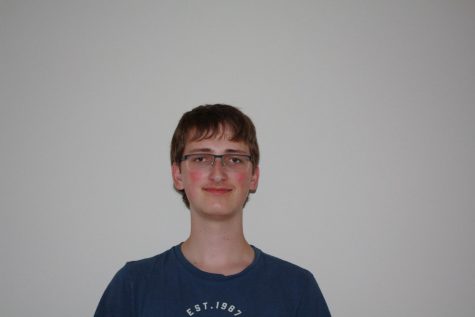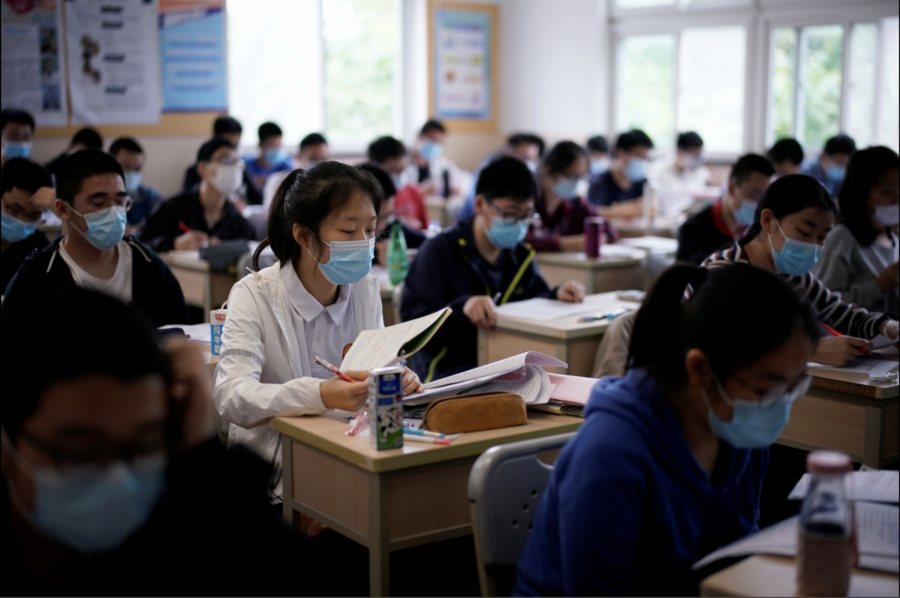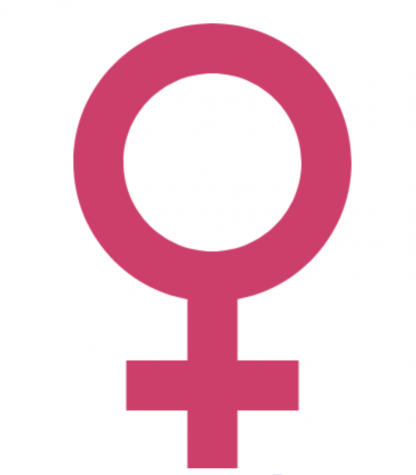China bans tutoring in an attempt for an education reform
School is one of the most important aspects of any child’s life. You make friends, gain life experience and of course, learn. The ultimate purpose of school is to teach students how the world works so that they can become functional members of society. Here in America, we commonly hear about people skipping school or being excessively late, but China seems to have the opposite problem: people spend too much time in school.
Recently, China has tried to slow down the educational rat race in an attempt to decrease competitiveness at schools. Many Chinese children start their test preparation courses in Kindergarten. All of their training, memorization and ultimately, the students’ educational fate rests on one test: the gaokao, or Higher Examination. Essentially, students’ lives are reduced to their three-digit gaokao score that determines whether they get into good colleges and their chances of finding work after school.
The focus on the gaokao causes the Chinese version of American Helicopter parents, the jiwa, or chicken parent; these are parents that spend all of their time hovering over their kids and are extremely controlling. Many parents spend all of their extra income on paying for extra tutoring and educational programs.
In an attempt to fix both the invasiveness of jiwa parenting and massive tutoring costs, China has recently enacted their so-called ‘tutoring ban’; in which new restrictions include no homework, no more online tutoring from foreigners and massively curbing tutoring time. The final aim of the policy is to decrease the financial burden on the parents required to educate their children and let kids have a life outside of school. Educational stress is extremely prevalent in parents’ and students’ lives, with constant anxiety about test scores being the norm. It can even often lead to students taking their own lives; according to a study published in the Wall Street Journal, educational stress contributed to more than 93% of Chinese suicides in 2014. Something clearly had to be done.
The aim of this new ban is to help students de-stress and brute force a fix for jiwa parenting by decreasing tutoring time so students have more time to relax. Even so, many parents say that this only increases the wealth gap in China, as rich parents can afford to send their children to other countries to let them take courses, thus dodging restrictions. Of course, just because tutoring is banned does not mean people will not do it, and desperate parents who feel that their children need tutoring may attempt to acquire tutoring illegally.
Whatever the result is, the intent of the new policy is simple: remember that students are people. Children are not machines that spend their whole day learning and sleeping, but they are people that need to live their life. If the government needs to step in and designate time to help students de-stress, then their education system clearly does not give students enough room to breathe.













